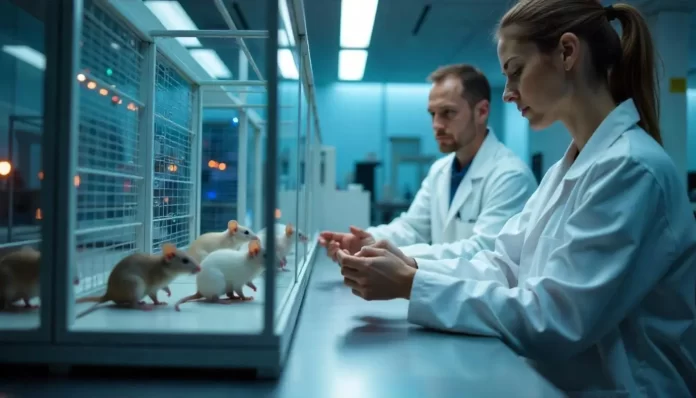Psychedelic drugs are once again capturing the spotlight, not for their mind-altering effects but for their promising role in mental health treatment. A new study from the University of Michigan suggests that certain psychedelics may significantly improve cognitive flexibility, a key brain function linked to how well we adapt to changing situations.
This research is part of a growing body of work showing how psychedelics might offer lasting benefits for people with mental health conditions like depression and PTSD, where flexibility in thinking often becomes impaired.
What is Cognitive Flexibility?
Cognitive flexibility is the brain’s ability to shift thinking and adjust behavior when faced with new information or unexpected changes. It’s essential for decision-making and problem-solving. In conditions such as PTSD and depression, this flexibility is often diminished, which can make it harder for patients to break out of negative thought patterns.
Boosting this mental adaptability has become a priority for neuroscientists, and psychedelics—once considered too controversial for serious research—are now being studied as potential tools to do just that.
The Experiment: A Psychedelic Compound Called 25CN-NBOH
In the recent study, scientists gave a single dose of 25CN-NBOH, a compound that targets the serotonin 2A receptor, to lab mice. These receptors are already known to play a central role in mood and perception, and they’re also the primary targets for many psychedelics.
To test the impact on learning and adaptability, researchers used an automated learning system that challenged mice to adapt to shifting rules. This setup closely mimics real-world cognitive demands, where we constantly adjust our behavior based on feedback or changing environments.
Results: Stronger Learning, Long-Term Effects
The findings were striking. Mice that received the psychedelic compound outperformed their peers on several fronts:
- They adapted to new rules more quickly
- They made fewer mistakes
- They earned more rewards weeks after the initial dose
These results suggest that the drug triggered long-term changes in the brain—especially in the prefrontal cortex, which controls high-level thinking and decision-making.
In scientific terms, this points to neuroplasticity, or the brain’s ability to form new connections. This is the same mechanism thought to underlie recovery from trauma, learning, and behavior change.
Mental Health Implications: A Single Dose with Big Potential
What makes this discovery particularly exciting is the durability of the effect. Most psychiatric medications need to be taken regularly and can take weeks to show benefits. But this study suggests that just one dose of a psychedelic might deliver significant, lasting improvements in mental function.
That could be a game-changer for patients who struggle with side effects, adherence, or treatment-resistant forms of mental illness.
Gender Findings: Equal Impact Across Sexes
Another important outcome: both male and female mice responded similarly to the treatment. This hints that psychedelic therapies could be effective across genders, a detail that could help shape future clinical trials and drug development.
As personalized medicine evolves, factoring in biological sex is becoming more critical in designing treatments that work for everyone.
What’s Next for Psychedelic Research?
This study opens the door to more in-depth questions: How long do the effects last? What’s the ideal dosage? How exactly do psychedelics rewire the brain? Researchers hope that answering these questions will lead to new, less invasive therapies for a range of mental health conditions.
The use of automated behavioral testing also represents a big leap forward in research methods. It allows scientists to get precise, repeatable results while eliminating human bias—a crucial step in building reliable evidence for medical use.
The Bottom Line
As public perception shifts and funding for psychedelic research grows, studies like this one are setting the stage for real changes in mental healthcare. Psychedelic compounds, once stigmatized, are now being recognized as potential tools to transform how we treat mental illness—possibly with fewer doses, fewer side effects, and faster results.
The future of psychiatric treatment may lie not just in pills taken daily, but in how we can rewire the brain itself—one trip at a time.


